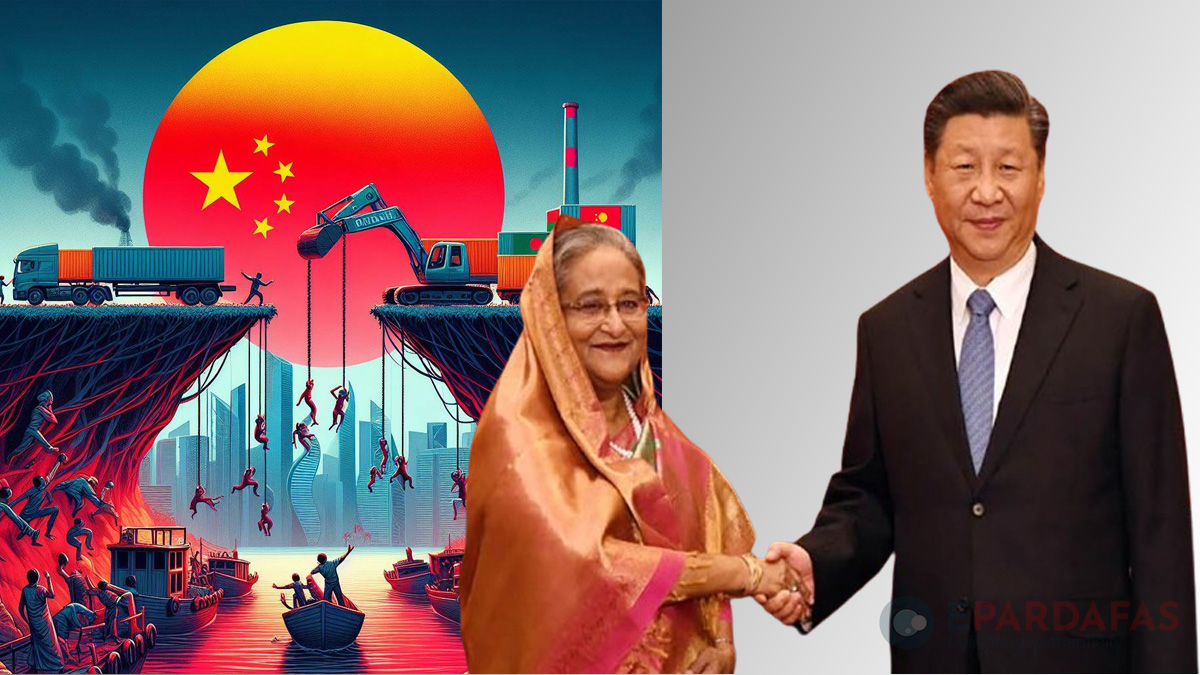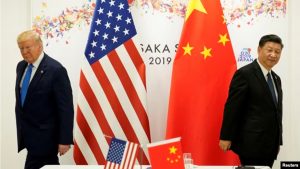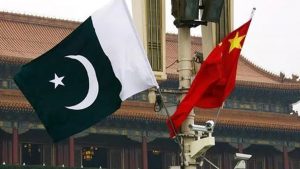
Bangladesh suffers from inadequate funding and debt repayment pressure under Chinese financing

The progress of Chinese-funded projects in Bangladesh has received a major blow as the Bangladesh-China Power Company is set to be announced defaulter. This development is going to affect Chinese funding for several projects that are planned under the Belt Road Initiative (BRI).
Now the China Exim Bank has issued a provisional notice of Event of Default (EOD) to the Bangladesh–China Power Company, a joint venture, Citing delays in debt repayments. A M Khurshedul Alam, a deputy general manager of China EXIM Bank, warned that it “will ultimately leave adverse effect on all the other ongoing projects in Bangladesh.”
Demand of debt repayment when full funds are not released, and a majority of projects are not completed has raised concerns. Bangladesh is already suffering from the slower and delayed release of Chinese loans. The release of the funds that China pledged has become slower, as per the Economic Relations Division (ERD) of the Bangladesh government.
China disbursed USD 4.47 billion for nine projects so far though the funds committed are USD 8.08 billion. This has intrigued experts and policymakers in Bangladesh since loans must be released in regular tranches according to the bilateral agreement.
Ahsan H Mansur, Executive director of Dhaka-based Policy Research Institute (PRI), called it “mysterious” since China has legal obligations to release the funds. “Credit agreements have been signed with China, so why should there be any delay in releasing the funds for the ongoing projects? China is not short of funds,” he said.
ERD officials pointed out the lengthier timeline having adopted by the Chinese to sanction loans and release tranches. China pledged USD 1.12 billion for the Dhaka-Ashulia Expressway project in 2017. However, China has released just USD170 million so far. The project has seen just 12 percent physical progress after seven years.
The slower loan approval process has caused cost overruns and delays in project implementation. Rajshahi Wasa Surface Water Treatment Plant has been delayed by at least three years due to a lack of a timely loan agreement.
Moreover, Bangladesh is set to pay more for the water treatment plant as the Chinese denied international bidding. “In this loan, the project contractor is selected by the lender, also from China. Since these are tied loans, their procurement price becomes higher,” said M. Fouzul Kabir Khan, former secretary of the Bangladesh government.
Bangladesh had earlier sought to re-evaluate the China-funded projects and downwardly revised their cost as the Chinese conditions led the effective interest rate on Chinese loans to swell up to 10-15 percent. Many global experts have expressed concerns over Chinese loans, the forceful participation of Chinese companies and higher interest rates.
This however irked China. So, it took to arm-twistingby threatening to halt the ongoing work on important rail lines. “I believe Chinese projects are always overvalued. But since they had already reached advanced stages, a unilateral cut may have hurt China’s ego,” Mansur said.
Overall, the pace of Chinese-funded projects in Bangladesh has been quite slow. Of around 27 projects, which were proposed during Chinese President Xi Jinping’s visit in 2016, only three projects have been completed so far. Most of these projects have ceased to remain relevant now, said ERD secretary Sharifa Khan.
Also, China may have lost interest in the funding to Bangladesh under BRI. The commitments made by Beijing lose steam if projects do remain profitable for China, said Tom Baxter, Global China Editor of China Dialogue. “If forces aren’t well aligned for Chinese companies to make money, high-level statements of intent won’t really get off the ground,” he said.
China EXIM Bank has threatened to block further funding if Bangladesh fails to pay up debt in time. Against such a backdrop, decreasing returns from the BRI-led mega projects and pressure of repaying Chinese loans can have a serious impact on Bangladesh’s macroeconomic stability and foreign reserves.
Mustafa Kamal Mujeri, a former chief economist at Bangladesh’s central bank, said the foreign loans become a burden if there is a mismatch between actual and projected returns from the mega projects. He said “The debt repayment requirements are increasing fast and will continue rising. There is a need to “be careful and selective in taking foreign loans,” Mujeri added.












Comments